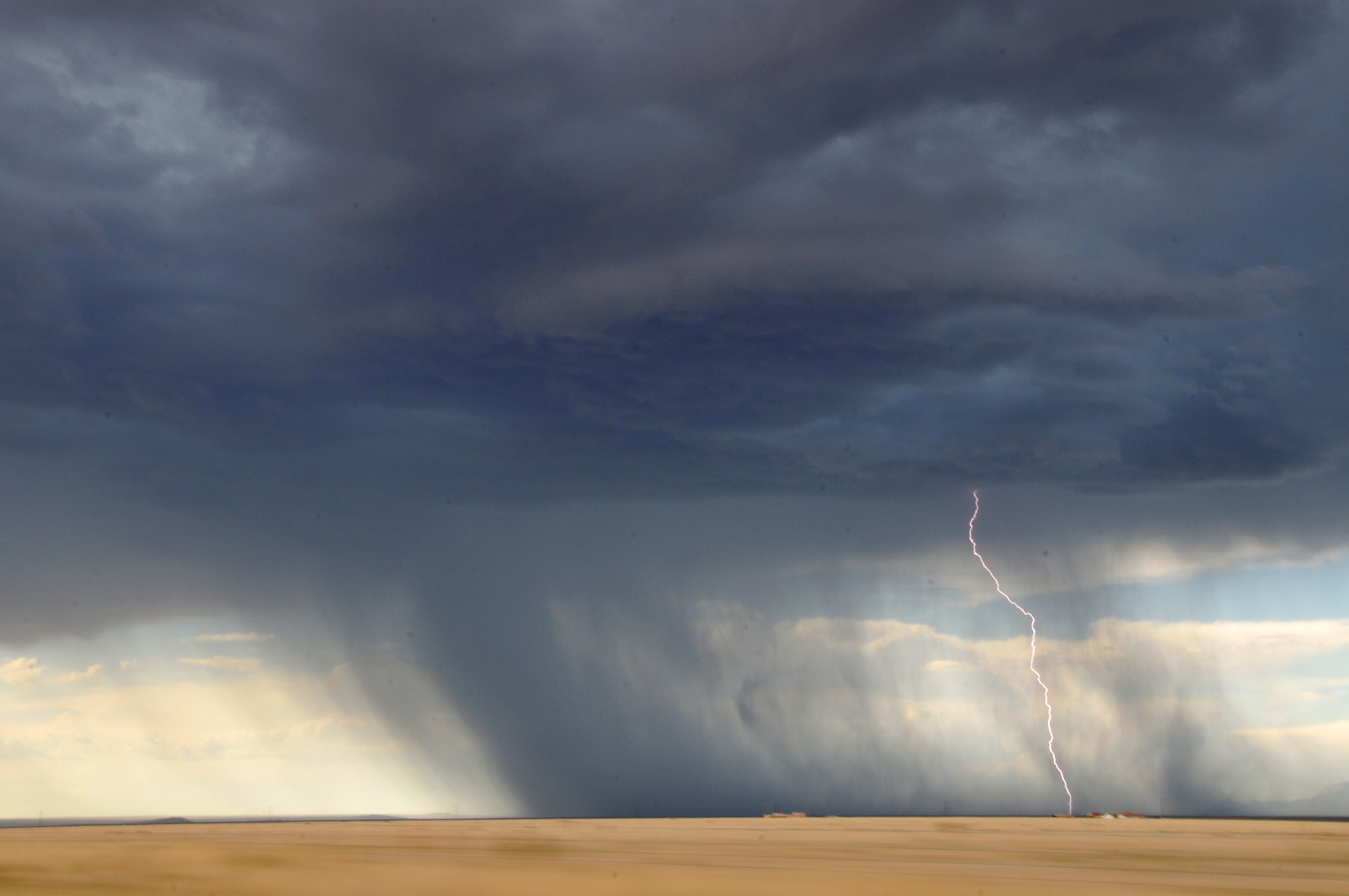| Service restored to more than 27,000 customers
95% should be restored by tonight at 10 p.m.
Large field force will continue to make repairs through Wednesday
A field force of 370 electric line and tree clearing personnel, together with a support staff of hundreds, are assessing damage, making repairs and restoring electric service today, following Monday’s severe weather that interrupted power to more than 39,000 Central Hudson customers. The storm caused more than 1.3 million power outages from Texas to Maine, bringing high winds and stormy conditions to the Mid-Hudson Valley region. As of 7 a.m. this morning, service has been restored to 27,600 homes and businesses since the start of the storm on Monday morning. Currently, approximately 11,500 customers are without electric service, the majority of which continue to be located in southeastern Dutchess County and Orange County. More than 340 individual damage locations are reported, including 31 broken poles, each to be addressed by repair crews in order to restore electric service. |
OUTAGE INFORMATION:
|
| “Because of the significant number of individual damage locations, we expect that repairs will likely continue to take place throughout today and Wednesday,” said Ryan Hawthorne, Assistant Vice President of Electric Engineering and Operations at Central Hudson. “To assist in our restoration efforts, we are working to secure additional electric line workers, however resources are stretched thinly across the multi-state areas impacted by these storms,” he said. “We will continue to use every means to secure additional resources as they become available.”
Watch out for fallen wires and instruct children to do the same
“As a safety reminder, keep at least 30 feet away from downed power lines, and remember that lines may be entangled and hidden in fallen trees and limbs,” said Hawthorne. “Assume all downed lines are live, and maintain a wide distance from fallen trees and limbs.” He said under the current pandemic, many families and children are at home and often take to the outdoors or go for walks in their neighborhoods, especially as the weather has turned milder. “Please watch for and keep families and neighbors away from these hazards,” he said. Motorists, too, should continue be aware of the potential for downed limbs and power lines that may block roadways, and should never attempt to drive over or around downed power lines. “We understand the importance of electric service to our customers and their families under these circumstances and remain committed to restoring power as quickly and safely as possible.”
Central Hudson follows CDC guidelines for the safety of the public and utility personnel. “Our electric line crews and support staff are practicing social distancing when addressing emergencies and we are staging crews to avoid clustering of personnel,” said Hawthorne. “We kindly ask that our customers, too, maintain social distancing with one another and our field personnel as they repair storm damage and restore power.” |
| AVOID ALL FALLEN WIRES:
• You can’t tell if a power line is energized just by looking at it. Assume all fallen power lines are live and proceed with extreme caution.
• Do not drive over fallen wires. Always follow the utility personnel instructions regarding fallen power lines.
• If you see a fallen power line, stay at least 30 feet away from it and anything it contacts. The ground around a power line and any objects it contacts may be energized. Call 911 to report fallen wires.
• Do not attempt to move a fallen power line or anything else in contact with it using an object such as a broom or stick. Even non-conductive materials like wood or cloth can conduct electricity if even slightly wet. |
| CARBON MONOXIDE& GENERATOR SAFETY:
• NEVER operate a generator in an enclosed space, including your basement or garage. Doing so can lead to a potentially lethal build-up of colorless, odorless, poisonous carbon monoxide.
• NEVER use your oven, a grill or any outdoor heating appliance indoors. Doing so creates potentially lethal fire and carbon monoxide hazards.
• Only have an experienced electrician connect a generator to your home. Improperly installed generators may overload circuits, cause a fire or shock hazard, and can result in serious injury or property damage. Improperly installed generators can also back-feed onto electric lines and endanger repair crews working to restore service.
• Plug appliances directly into the generator using a heavy-duty, outdoor-rated extension cord that is designed to handle the wattage of all the appliances being connected. |
|
|
|

